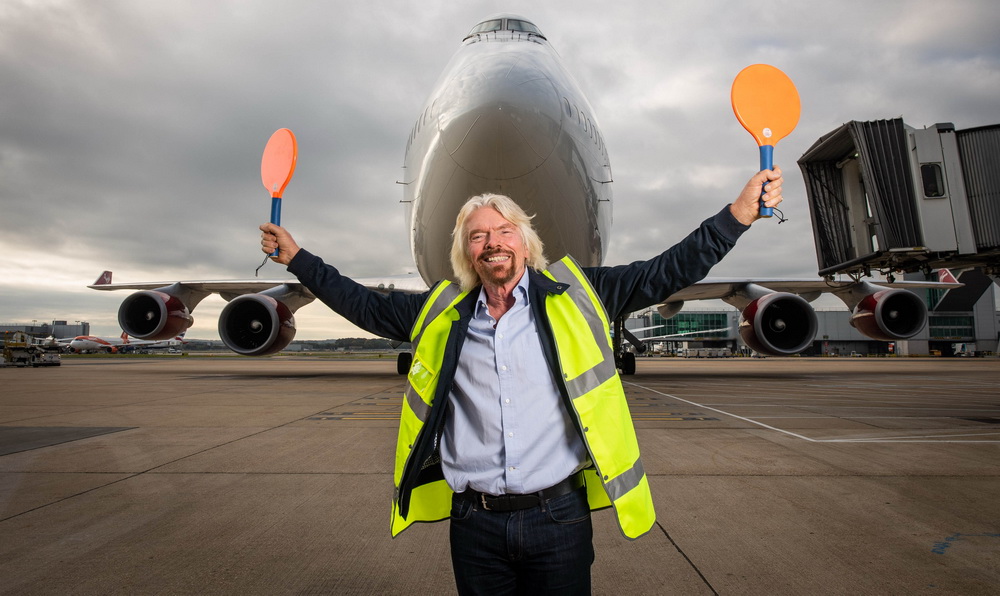Virgin and Boeing join forces with LanzaTech to “create the carbon future we need”
Contributors are not employed, compensated or governed by TDM, opinions and statements are from the contributor directly
 Two of aviation’s biggest names unveiled what they believed to be a “landmark step” towards the future of the industry with the development of a commercial yet sustainable fuel yesterday when Virgin Atlantic, in collaboration with Boeing, flew a 747 from Orlando to London Gatwick – powered by a tank of LanzaTech ‘advanced’ jet fuel.
Two of aviation’s biggest names unveiled what they believed to be a “landmark step” towards the future of the industry with the development of a commercial yet sustainable fuel yesterday when Virgin Atlantic, in collaboration with Boeing, flew a 747 from Orlando to London Gatwick – powered by a tank of LanzaTech ‘advanced’ jet fuel.
The special propellant was created by Lanza Tech using recycled waste gases produced as a by-product of industrial processes — such as the those found in steel manufacturing – to make ethanol. This ethanol can then be used for a range of low carbon products, including jet fuel. The innovative alcohol-to-jet process used to make the fuel was developed in collaboration with Pacific Northwest National Lab and the US Department of Energy.
Sir Richard Branson, founder of Virgin Group said: “Long haul travel is more important than ever for connecting people around the world and it’s our responsibility to ensure we’re doing that in the most sustainable way possible. Working with LanzaTech will enable us to greatly reduce our carbon emissions and at the same time, help support UK industry.”
Branson went on to say: “That’s why we’re excited to showcase this fuel on its first commercial flight as we have plans for the world’s first full-scale jet fuel plant using this amazing new technology. The LanzaTech process is important because this fuel takes waste, carbon-rich gases from industrial factories and gives them a second life – so that new fossil fuels don’t have to be taken out of the ground. This flight is a huge step forward in making this new technology a mainstream reality.”
“Together we can create the carbon future we need”
Jennifer Holmgren, CEO at LanzaTech commented: “Today, with our carbon smart partner, Virgin Atlantic, we have shown that recycling waste carbon emissions into jet fuel is not impossible, that waste carbon needs to be thought of as an opportunity, not a liability, that carbon can be reused over and over again. We thank all our partners and governments on both sides of the Atlantic for their support. Together we can create the carbon future we need.”
Using the success of the flight, Virgin has now urged the UK government to get on board and support “carbon capture and utilisation technologies” with tax breaks to provide an incentive to investors.
“We are committed to cutting carbon emissions”
To which, aviation minister, Liz Sugg, responded: “It is fantastic to see Virgin Atlantic conducting its first commercial flight using an advanced fuel. We are committed to cutting carbon emissions and promoting new environmentally-friendly fuels – especially for aeroplanes which will rely on traditional fuels for years to come.
Adding: “We’re supporting innovation in advanced fuels through a GBP 22 million (USD 28 million) competition that will help industry build advanced low carbon fuel plants here in the UK.”


Comments are closed.